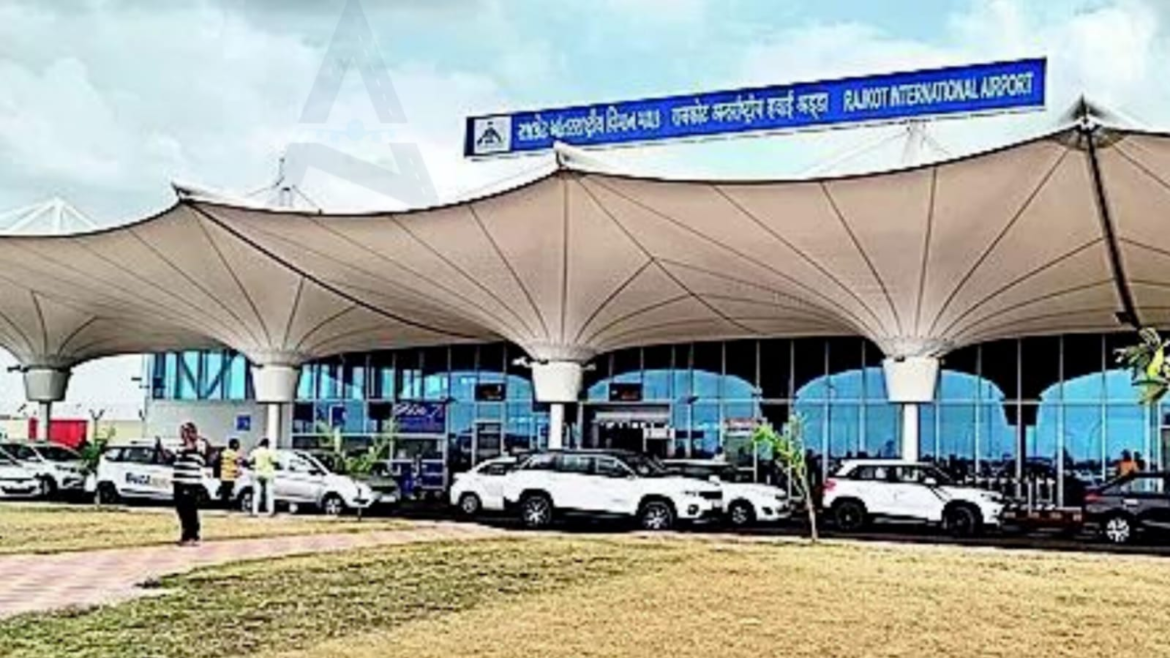Rajkot, a prominent city in Gujarat, recently celebrated the inauguration of its new airport, designed to boost connectivity and economic prospects. The modern facility, equipped with advanced amenities and built to handle a significant passenger load, was envisioned as a gateway for both domestic and international travel. However, this ambitious plan has encountered a major setback: international flights cannot operate from the new airport.
This limitation stems from the absence of customs and immigration facilities, which are essential for handling international passengers and cargo. Despite the airport’s readiness in terms of infrastructure, the necessary approvals and installations from relevant authorities have not been secured. The delay in setting up these critical services means that the airport, for now, is restricted to domestic flights only.
The situation has sparked disappointment among local businesses, travelers, and officials who were looking forward to the economic boost that international connectivity would bring. The city’s business community, in particular, had high expectations that the new airport would open up direct links to key international markets, facilitating trade and tourism. For residents, the prospect of traveling abroad directly from Rajkot without the need to transit through larger airports in Ahmedabad or Mumbai was highly anticipated.
Local government and airport authorities are actively working to address the issue. Efforts are being made to expedite the necessary clearances and set up the required infrastructure for customs and immigration. Meetings with central aviation authorities are ongoing to ensure that the airport can start handling international flights as soon as possible.
In the interim, the new airport is serving domestic travelers with enhanced facilities and improved services compared to the old airport. The airport boasts modern terminals, ample parking, and better passenger amenities, significantly improving the travel experience for those flying within India. While this is a positive development, it falls short of the full potential that an international operational status would unlock.
The delay in operationalizing international flights from Rajkot’s new airport serves as a reminder of the complexities involved in aviation infrastructure projects. It highlights the importance of comprehensive planning and coordination between various governmental and regulatory bodies. As the city awaits the green light for international operations, stakeholders remain hopeful that the necessary approvals will come through soon, paving the way for Rajkot to realize its aspirations of becoming a significant hub in Gujarat’s aviation map.
In conclusion, while Rajkot’s new airport represents a significant step forward in the city’s development, the inability to operate international flights is a considerable setback. The focus now is on resolving these issues promptly to fulfill the promise of enhanced global connectivity, which is vital for the region’s growth and prosperity.

